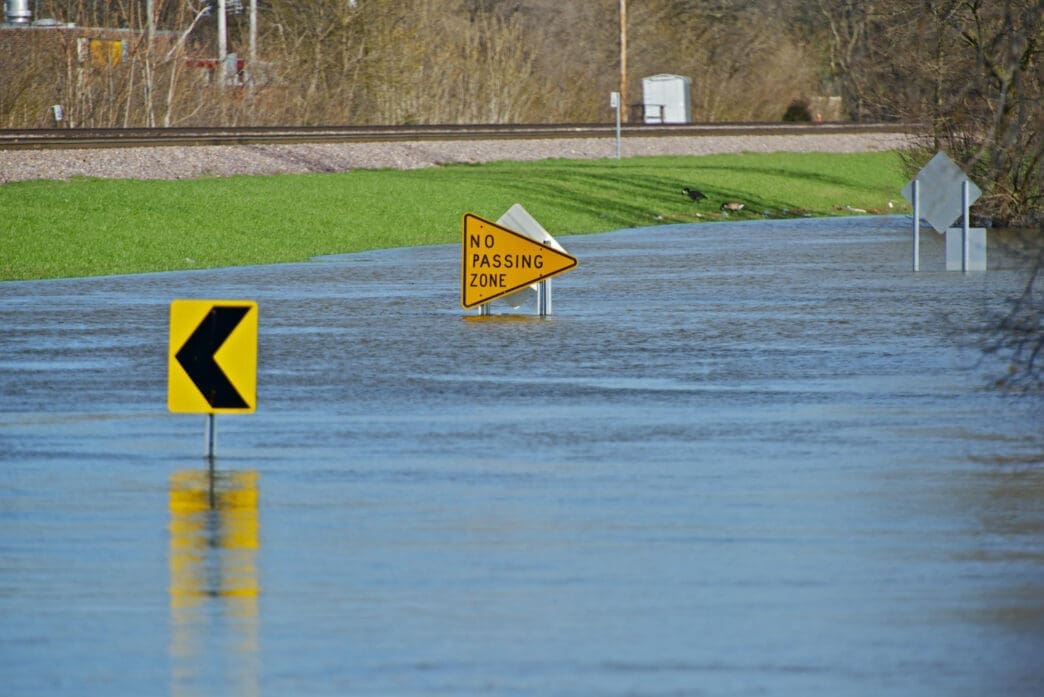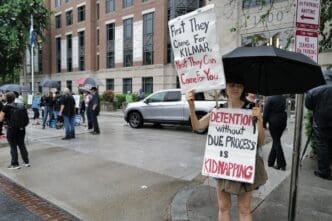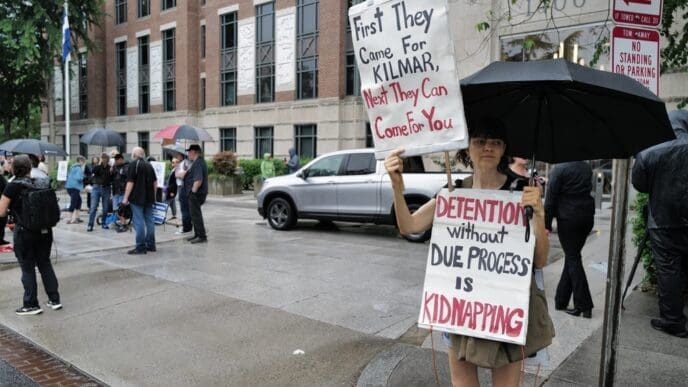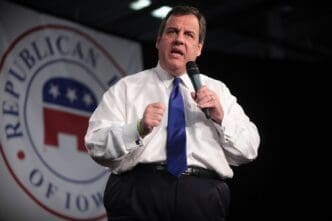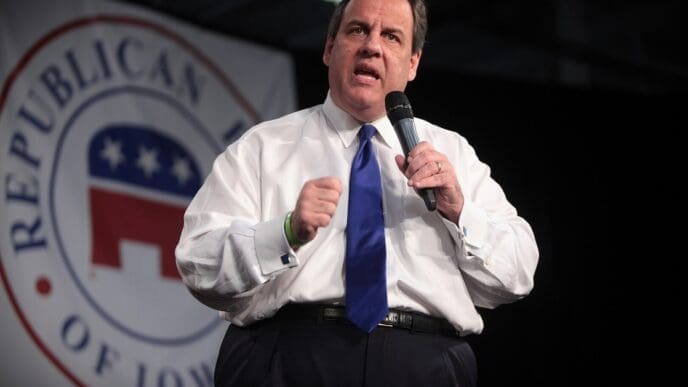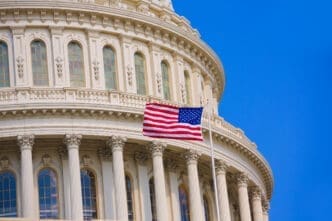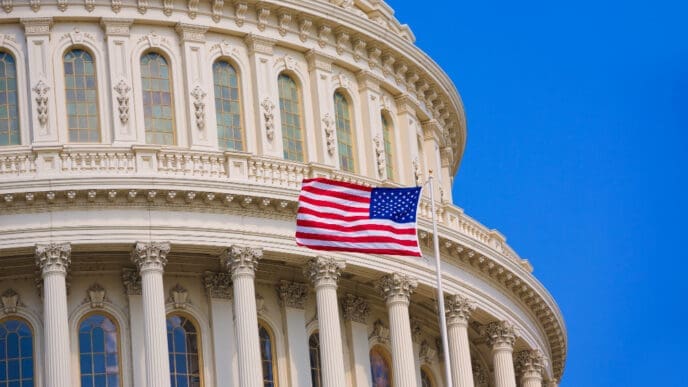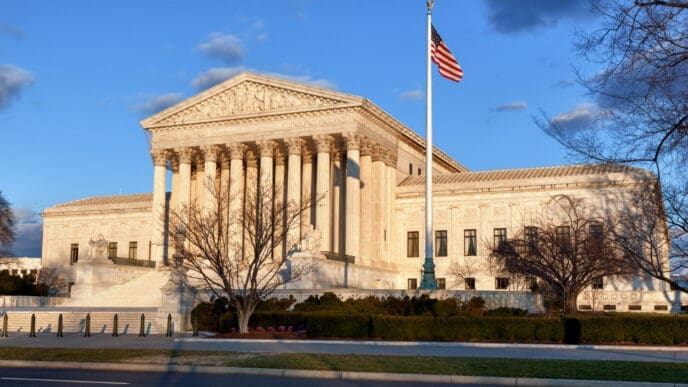Executive Summary
- A group of 181 current and former FEMA employees warned that Trump administration policies, including a requirement for Homeland Security Secretary Kristi Noem to personally approve contracts over $100,000, are undermining the agency’s disaster response capabilities.
- The employees cited critical delays during the July 2025 Kerrville, Texas, floods and drew parallels to the failures observed during Hurricane Katrina, arguing current changes mirror conditions the Post-Katrina Emergency Management Reform Act sought to address.
- While the Trump administration defended its reforms as necessary to reduce red tape and ensure accountability, FEMA employees urged Congress to designate FEMA as a cabinet-level independent agency, protecting it from further Department of Homeland Security interference.
The Story So Far
- The current warnings from FEMA employees stem from the Trump administration’s broader goal to reduce the agency’s federal role, shifting more responsibility to states, and its implementation of policies like the $100,000 contract approval requirement, which critics argue diminish operational authority. While the Trump administration defends these reforms as necessary to cut “red tape” and improve accountability, employees warn that these changes risk mirroring the systemic failures seen during Hurricane Katrina, which led to the Post-Katrina Emergency Management Reform Act.
Why This Matters
- A warning from 181 current and former FEMA employees indicates that policies enacted by the Trump administration, such as a requirement for Homeland Security Secretary Kristi Noem to personally approve contracts over $100,000, are diminishing the agency’s operational authority and causing critical delays in disaster response, as evidenced during the Kerrville floods. These changes, coupled with a push to reduce FEMA’s federal role, are feared to weaken crucial partnerships and overall preparedness, potentially mirroring the conditions that led to the failures seen during Hurricane Katrina.
Who Thinks What?
- A group of 181 current and former FEMA employees warns that Trump administration policies, such as the requirement for Homeland Security Secretary Kristi Noem to personally approve contracts over $100,000, are undermining the agency’s disaster response capabilities, causing critical delays, and weakening preparedness.
- A Department of Homeland Security spokesperson for the Trump administration defends the reforms, stating they are committed to ensuring FEMA delivers for the American people by addressing past inefficiencies and red tape, prioritizing accountability, and ensuring taxpayer dollars reach affected communities.
A group of 181 current and former Federal Emergency Management Agency (FEMA) employees issued a warning on Monday, stating that policies enacted by the Trump administration are undermining the agency’s ability to respond to disasters effectively. In a letter, the staffers specifically cited a requirement for Homeland Security Secretary Kristi Noem to personally approve all contracts, grants, and mission assignments exceeding $100,000, arguing this diminishes FEMA’s operational authority and swiftness. They contend these changes have already led to critical delays, such as during the July 2025 floods in Kerrville, Texas.
Policy and Leadership Concerns
The letter detailed how the mandatory review process caused mission assignments to be delayed by up to 72 hours during the Kerrville floods, leading to the resignation of FEMA’s Urban Search and Rescue Branch Chief. Beyond specific policies, the group also expressed concern over the absence of a congressionally approved administrator leading the agency, suggesting the current leader lacks the necessary qualifications.
These warnings emerge as the Trump administration has explored proposals to eliminate FEMA entirely and has generally aimed to reduce its federal role, shifting more responsibility to states. The staffers argued that while such cuts may appear to reduce costs and empower state, local, tribal, and territorial (SLTT) partners, they will ultimately have the opposite effect, weakening critical partnerships and preparedness.
Administration’s Defense of Reforms
In response, a spokesperson for the Department of Homeland Security (DHS), which oversees FEMA, defended the administration’s actions. The spokesperson stated that under Secretary Kristi Noem’s leadership, DHS is committed to ensuring FEMA delivers for the American people, asserting that past inefficiencies and red tape hindered the delivery of disaster aid. The Trump administration prioritizes accountability and reform to ensure taxpayer dollars reach affected communities, they added.
The DHS spokesperson further suggested that opposition to these reforms came from “bureaucrats” resistant to change, contrasting it with the administration’s commitment to survivors. They highlighted reforms, such as providing rapid, upfront funding in New Mexico following recent flooding, as a departure from slower, reimbursable models that previously caused long delays for families.
Echoes of Hurricane Katrina
The letter, dubbed the “Katrina Declaration,” drew parallels to the failures observed during Hurricane Katrina in 2005, which led to significant loss of life and prompted the Post-Katrina Emergency Management Reform Act (PKEMRA) of 2006. The staffers asserted that Katrina was a “man-made” disaster, exacerbated by inexperienced leadership and a federal government unable to provide timely aid.
They warned that two decades after PKEMRA was designed to prevent such failures, FEMA is now implementing processes and leadership structures that mirror the very conditions the act sought to address. The letter was published online and directed to the Federal Emergency Management Agency Review Council, established by the Trump administration for agency reform, as well as various congressional committees.
Additional Concerns and Recommendations
The FEMA employees outlined additional concerns, including cuts to risk reduction programs, climate science initiatives, and the agency’s workforce. They urged Congress to designate FEMA as a cabinet-level independent agency, protect it from further DHS interference—including alleged illegal impoundments of funding—and safeguard employees from politically motivated firings.
The dispute highlights a significant tension between the Trump administration’s push for reform and efficiency within FEMA, and the concerns of current and former agency personnel who argue these changes are weakening the nation’s ability to respond to future disasters.


